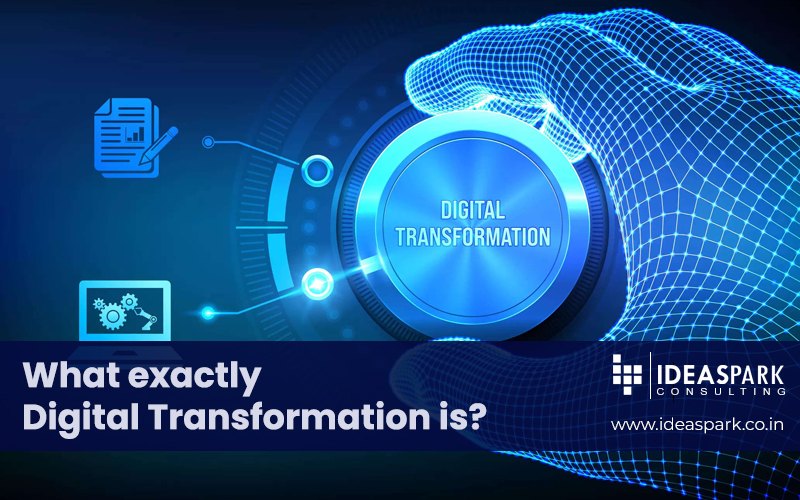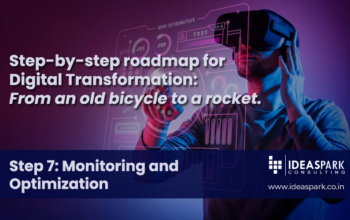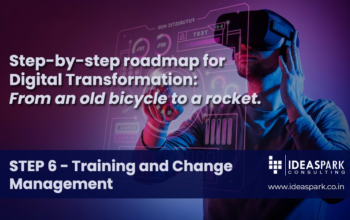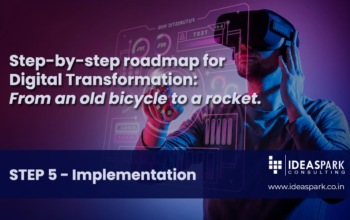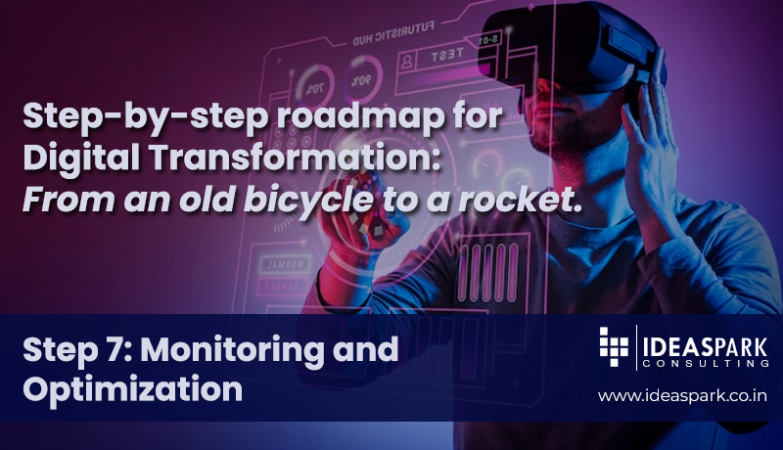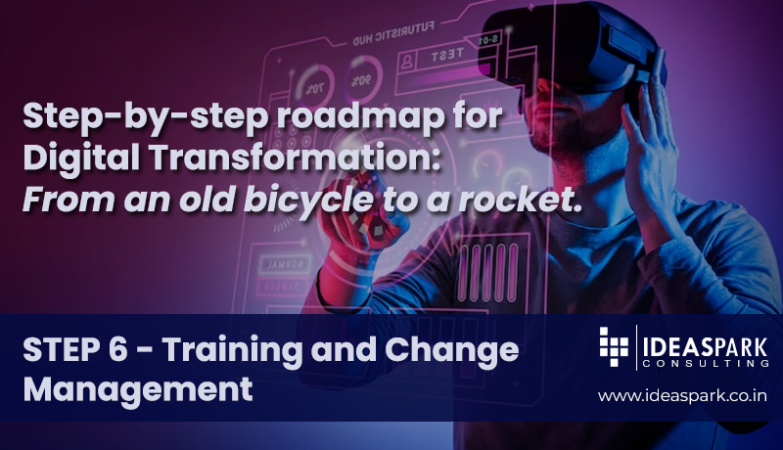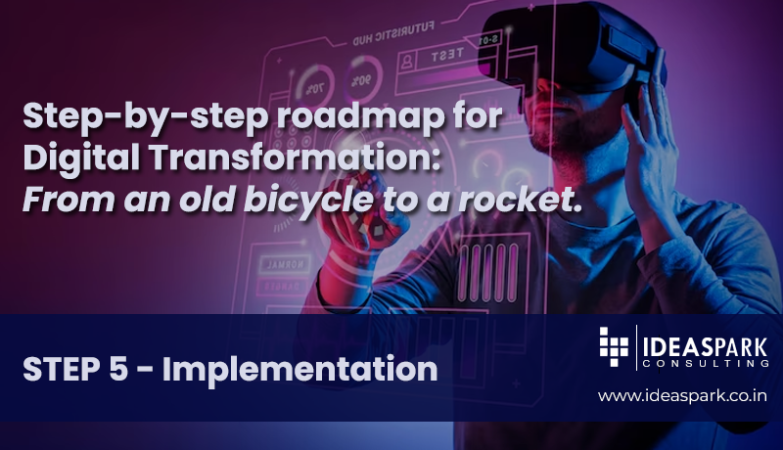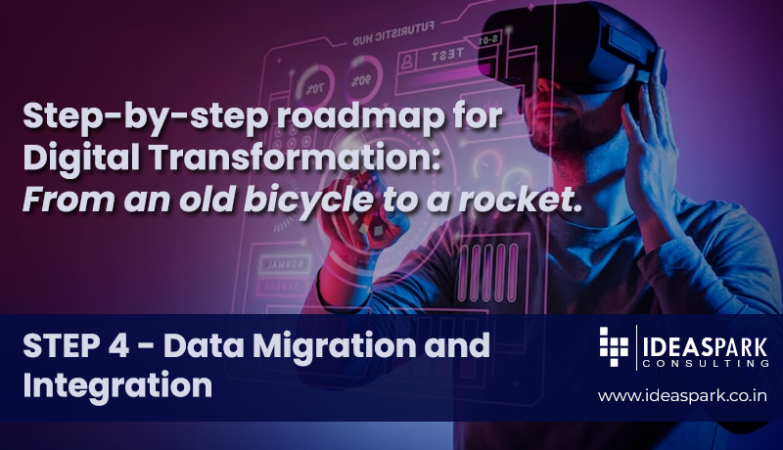Digital Transformation refers to the process of integrating digital technologies, strategies, and practices across all aspects of an organization to fundamentally change how it operates, delivers value, and interacts with customers, employees, and partners. It involves leveraging the power of digital technologies, such as cloud computing, data analytics, artificial intelligence, and the Internet of Things, to drive innovation, improve operational efficiency, enhance customer experiences, and gain a competitive edge in the digital age. Digital Transformation is not just about implementing technology but also encompasses a cultural shift, organizational change, and a mindset of continuous adaptation to embrace the opportunities and challenges presented by the digital era.
Digital technologies, strategies, and practices encompass a wide range of tools and approaches used in digital transformation. Here are some examples:
Cloud Computing: Cloud computing involves using remote servers hosted on the internet to store, manage, and process data. It provides businesses with scalable and flexible access to computing resources, eliminating the need for on-premises infrastructure. Cloud computing allows for efficient data storage, application deployment, and collaboration across multiple locations.
Big Data Analytics: Big data analytics involves the analysis of large and complex datasets to uncover patterns, trends, and insights that can inform business decisions. It utilizes advanced algorithms and statistical models to process and analyze structured and unstructured data from various sources. Big data analytics enables businesses to gain valuable insights, improve decision-making, and optimize processes.
Artificial Intelligence (AI) and Machine Learning (ML): AI and ML technologies enable computers to simulate human intelligence, learn from data, and make autonomous decisions. AI encompasses a range of techniques, including natural language processing, computer vision, and expert systems. ML focuses on algorithms that enable machines to learn and improve from data without explicit programming. AI and ML have applications in various areas, such as predictive analytics, personalization, chatbots, and automation.
Internet of Things (IoT): The Internet of Things refers to the network of physical devices embedded with sensors, software, and connectivity that allows them to collect and exchange data. IoT devices can be anything from household appliances to industrial machinery. They enable real-time monitoring, automation, and remote control of devices, leading to improved efficiency, asset management, and decision-making.
Robotic Process Automation (RPA): RPA involves the use of software robots or “bots” to automate repetitive and rule-based tasks. These bots mimic human actions, interact with applications, and perform tasks such as data entry, form filling, and report generation. RPA improves efficiency, accuracy, and scalability by freeing up human resources for more complex and strategic activities.
Mobile Applications: Mobile applications, or mobile apps, are software applications designed for smartphones and tablets. They offer businesses a direct channel to engage with customers, provide services, and facilitate transactions on mobile devices. Mobile apps can enhance customer experiences, enable personalized interactions, and leverage features like push notifications, location-based services, and mobile payments.
Social Media Marketing: Social media marketing involves leveraging social media platforms such as Facebook, Instagram, Twitter, LinkedIn, and YouTube to build brand awareness, engage with customers, and promote products or services. It includes activities like creating and sharing content, running targeted advertising campaigns, monitoring social media conversations, and analyzing user behavior.
Omni-Channel Customer Experience: Omni-channel customer experience focuses on providing a seamless and integrated experience across multiple channels. It ensures that customers can interact with a business through various touchpoints such as websites, mobile apps, social media, physical stores, and customer service centers. Omni-channel strategies aim to deliver consistent messaging, personalized experiences, and smooth transitions between channels.
Agile and DevOps: Agile and DevOps are software development methodologies that prioritize iterative and collaborative approaches. Agile emphasizes adaptive planning, continuous improvement, and cross-functional teams, enabling faster development cycles and responsiveness to change. DevOps combines development and operations, fostering collaboration, automation, and continuous delivery to accelerate software development, deployment, and maintenance.
Cybersecurity: Cybersecurity involves strategies and practices to protect digital assets, systems, and data from unauthorized access, breaches, and cyber threats. It includes implementing secure network architectures, adopting encryption protocols, establishing access controls, monitoring and detecting anomalies, conducting regular security audits, and educating employees on best security practices.
Data Privacy and Compliance: Data privacy and compliance focus on ensuring compliance with data protection regulations and safeguarding customer privacy. Businesses need to establish transparent data practices, obtain proper consent for data collection and processing, securely store and handle customer data, and provide mechanisms for individuals to exercise their data rights. Compliance with regulations such as the General Data Protection Regulation (GDPR) and California Consumer Privacy Act (CCPA) is crucial.
Digital Marketing: Digital marketing involves promoting products or services using digital channels, such as search engines, social media, email marketing, content marketing, and online advertising. It includes activities like search engine optimization (SEO), pay-per-click (PPC) advertising, social media management, content creation, email campaigns, influencer marketing, and analytics to measure and optimize marketing efforts.
Customer Relationship Management (CRM): CRM systems help businesses manage and analyze customer interactions throughout the customer lifecycle. CRM software enables storing and organizing customer data, tracking sales activities, managing leads and opportunities, and providing insights for effective customer engagement. It fosters better customer service, personalized marketing, and improved customer retention.
E-commerce and Online Retail: E-commerce refers to the buying and selling of products or services through online platforms. It involves setting up online stores, enabling secure online transactions, managing inventory, and providing seamless shopping experiences. Online retail allows businesses to reach a global customer base, optimize product offerings, leverage data-driven insights, and enhance customer convenience.
Data Visualization: Data visualization involves presenting data and insights in visual formats such as charts, graphs, and dashboards. It enhances data understanding and communication, enabling businesses to make informed decisions. Data visualization tools help businesses explore trends, correlations, and patterns, enabling better analysis, reporting, and strategic planning.
These are just a few examples, and the landscape of digital technologies, strategies, and practices is continuously evolving as new innovations emerge. Organizations adopt and adapt these tools and approaches based on their specific needs, goals, and industry requirements.
#CloudComputing #BigDataAnalytics #ArtificialIntelligence #MachineLearning #IoT #RoboticProcessAutomation #MobileApplications #SocialMediaMarketing #OmniChannelExperience #Agile #DevOps #Cybersecurity #DataPrivacy #DigitalMarketing #CRM #Ecommerce #OnlineRetail #DataVisualization #DigitalTransformation #BusinessInnovation #CustomerEngagement #DigitalStrategy #DataDrivenInsights #OnlinePresence #DigitalSolutions #TechAdvancements #DigitalBusiness #TechTransformation #DigitalLeadership #FutureOfBusiness #DigitalExcellence
![]()

